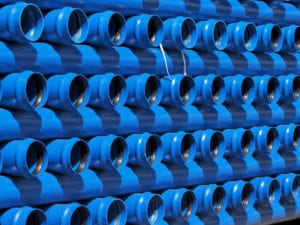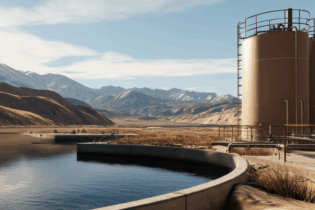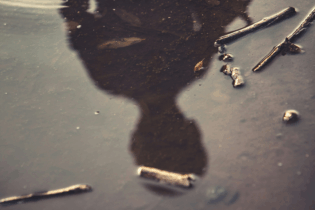“Safe drinking water is a prerequisite for protecting public health and all human activity. Properly treated waste water is vital for preventing disease and protecting the environment. The plastic pipe industry is therefore undoubtedly a critical sector that is relied upon by communities around the country for water distribution and sewage disposal, as well as by agricultural and mining operations who recently received the go-ahead to resume their operations,” explains Jan Venter, CEO of SAPPMA.
Repeating their concern about large segments of the country’s population that still do not have access to clean water for drinking, cooking or sanitation, SAPPMA said frequent hand washing with soap and clean water continues to be one of the first lines of defense against contracting the highly contagious Coronavirus.
As an emergency measure, the Government purchased 18 875 water tanks to make clean water available to remote areas. To date, however, only half (7 689) of these tanks have been installed four weeks after the declaration of a state of disaster.
“Whilst these tanks are a step in the right direction, it is only a temporary solution. The country desperately needs a reliable network of water and sewage pipes capable of serving the whole population. Permanent, piped water should be made available to these communities as a matter of urgency,” Venter stressed.
“The country desperately needs a reliable network of water and sewage pipes capable of serving the whole population. Permanent, piped water should be made available to these communities as a matter of urgency.”
Several neighbourhoods in Port Elizabeth experienced the impacts of failing water infrastructure first hand shortly after the lockdown started. A critical pipe which supplied reservoirs in the city failed, causing reservoirs to drain and forcing people to queue to get water from tankers.
The same could happen in municipalities around the country if the pipe infrastructure supplying water, sanitation, gas and telecommunications are not repaired, maintained or upgraded.
“Prohibiting our members from re-opening their manufacturing plants in order to be able to supply the pipes needed for infrastructure maintenance could have a direct impact on the quality of life of thousands of South Africans”, Venter warned. The Cybersecurity and Infrastructure Security Agency (CISA) in the USA classified pipe manufacturers as part of critical infrastructure involved in the water and wastewater systems sector and labelled them as “imperative during the response to the COVID-19 emergency for both public health and safety as well as community well-being”. As a result, it petitioned for these companies to be allowed to work during periods of community restriction, access management, social distancing, or closure. Likewise, the British Plastics Federation stressed the importance of allowing plastic pipe producers to operate during the period of lockdown, stating that “after packaging, construction is the second largest user of plastics, where critical products include plastic pipe systems for both drinking water and drainage”. “Plastic pipe manufacturing, distribution and installation must be allowed to function without further delay in order to provide communities with an uninterrupted supply of necessary infrastructure. All our members have been issued with clear guidelines to help limit the spread of the virus and ensure the safety of their employees. We therefore urge Government to evaluate what the consequences might be if these factories are kept closed any longer and to recognise the plastic pipe industry as part of the essential services exempted from the forced temporary closure,” Venter concludes.






